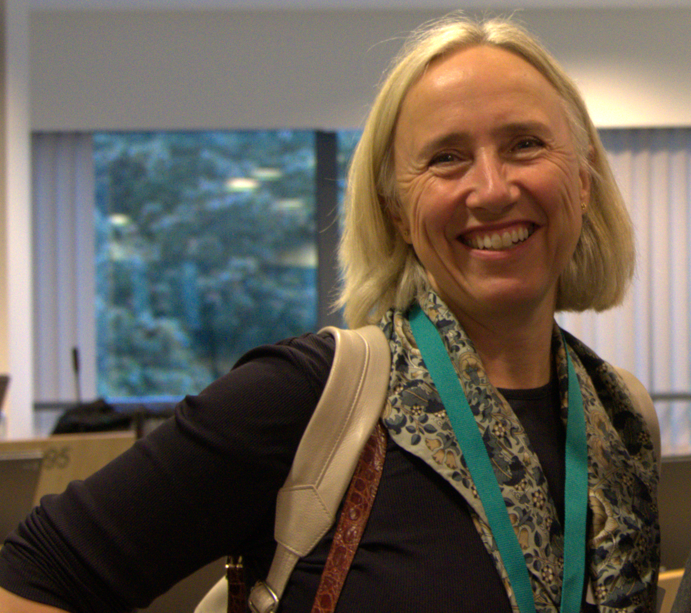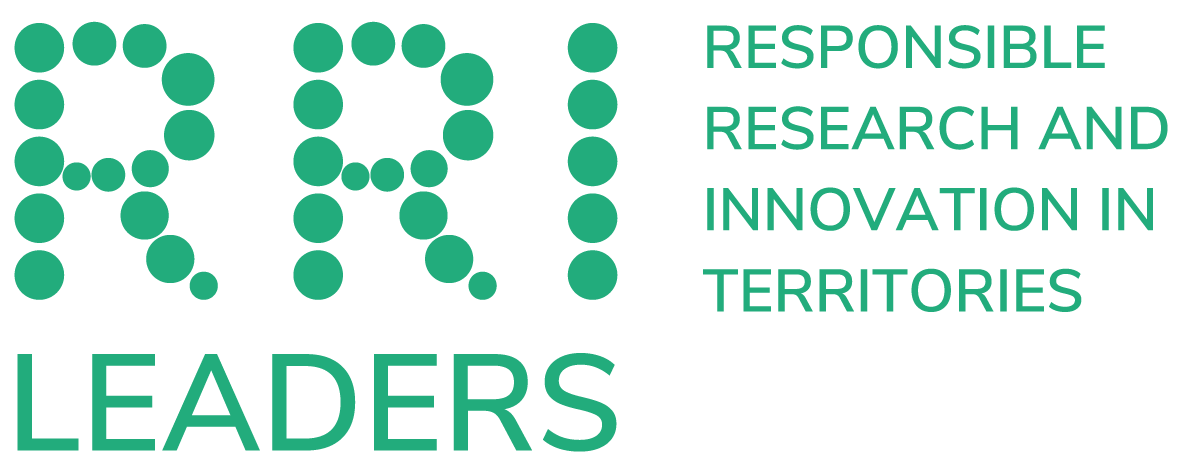Benefits and barriers of RRI implementation in policymaking

At the crossroads of responsible research and innovation, there are barriers that challenge our search for effective public policymaking. However, overcoming these obstacles reveals a landscape of benefits that can redefine the future of governance.
We have asked Prof. Forsberg about his thoughts about benefits and barriers implementing RRI in policymaking, and that is what he has conveyed to us:
What are the benefits of RRI implementation in policymaking?
“Public organizations need to serve the public and be seen to serve the public. RRI (Responsible Research and Innovation) is a conceptual framework to research and innovation that emphasizes the importance of anticipation, inclusion, reflection, and responsiveness. I guess you can see public policy formation as a kind of a social innovation. Often, regional development also involves technical or technological innovation. RRI is applicable to also this level. For public policy formation, it’s important that the citizens affected by public policy development are given the chance to influence the developments. For instance, is the development seen as benefiting only a few? Is it based on shared values? Are there any specific values that might be at risk? Heritage or environment or other values? Are there different groups that have different interests and are they affected differently? Are they all heard? So, I think RRI and public policy is about legitimacy of public policymaking and also trust in policy makers. The main benefit of RRI is that it brings these topics higher on the agenda for public policy makers.”
And what are the barriers?
“Public policy is already committed to the kind of basic ideas that RRI represents. RRI can be seen as a somewhat abstract approach, which can be a barrier. It can be seen perhaps as complicating decision-making processes because it implies involving stakeholders and publics even more broadly than maybe is custom now. But again, I think that the benefit of this extra process is that it can give more buy-in of the publics to decisions and potentially make the policies better targeted to the needs of the different publics.”
